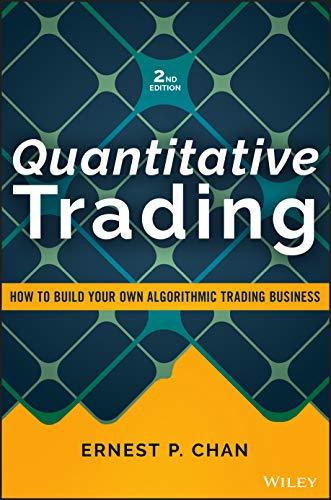Question
State University of New York BUFFALO STATE Department of Economics and Finance ECO 350 Public Finance Review 2 F. Floss 1. In cost-benefit (CB) studies
State University of New York
BUFFALO STATE
Department of Economics and Finance
ECO 350
Public Finance
Review 2
F. Floss
1. In cost-benefit (CB) studies there are two major concepts to calculate benefits; willingness to pay and willingness to accept.
Will they both give the same answer in a CB study, if not why?
It is sometimes said that it is harder to measure benefits compare with costs, is this true and if so why or why not?
How is this related to the concept of opportunity costs?
If you have a project that uses 1000 hours of labor and the wage rate is $15 per hour, what would you say about the costs of this project?
2. You have a project which costs $10,000 to build and then has not additional costs. The benefits are $3000 in year 1 and 2 and $5,000 in year 3. Then the project is not useable.
Should you do this project why interest rates ate 2%?
What is the rate changes to 20%?
Can you use an annuity formula for these calculations?
3. Explain the relationships in taxes, when would you say they are progressive, regressive and proportional?
a. How is this related to average and marginal taxes? b. Looking at the taxes used in the United States at the federal state and local levels, which taxes are progressive, regressive and proportional?
c. How is this related to horizontal and vertical equity?
4. Use this following equations to calculate the tax incidence of this tax on a good.
P=1000-109
P = 200 + 300
= 50%
What is equilibrium before and after the tax?
How much tax revenue is generated and what is the costs of generating these taxes
Who pays the tax, how is this related to incidence?
Why is this not a complete measure of the incidence of this tax?
5. Define
a. Moral Hazard
c. SNAP
e. Optimal Tax and Elasticity f EITC
b. TANF
Annuity Formula
Laffer Curve
g. tax incidence
Step by Step Solution
There are 3 Steps involved in it
Step: 1

Get Instant Access to Expert-Tailored Solutions
See step-by-step solutions with expert insights and AI powered tools for academic success
Step: 2

Step: 3

Ace Your Homework with AI
Get the answers you need in no time with our AI-driven, step-by-step assistance
Get Started


